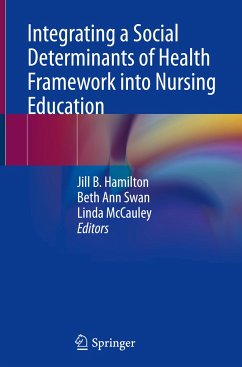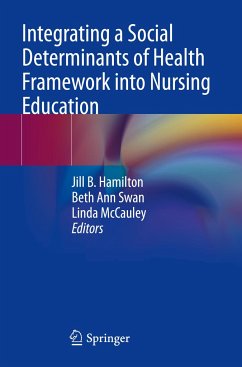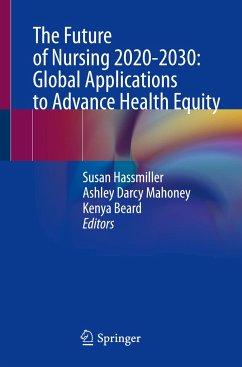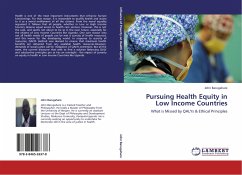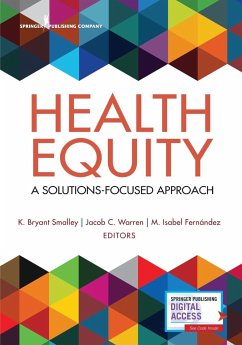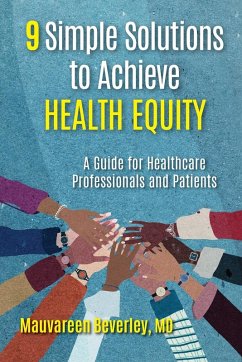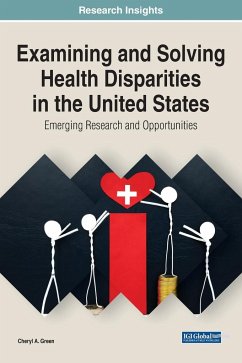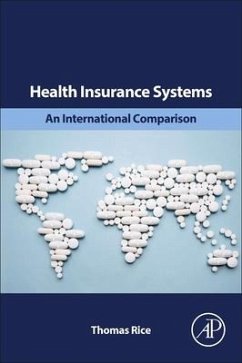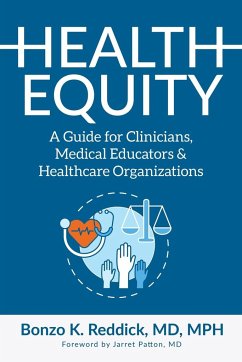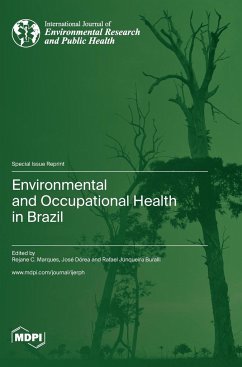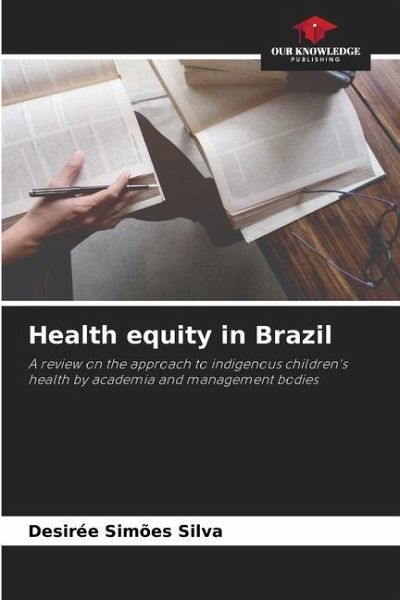
Health equity in Brazil
A review on the approach to indigenous children's health by academia and management bodies
Versandkostenfrei!
Versandfertig in 6-10 Tagen
27,99 €
inkl. MwSt.

PAYBACK Punkte
14 °P sammeln!
Indigenous health in Brazil is managed by the National Health Foundation (FUNASA), and in 1999, Law 9.836/1999 was regulated, which established the Indigenous Health Care Subsystem belonging to the Single Health System (SUS). Data surveys on the health of Brazilian indigenous children show high Infant Mortality Rates (IMR), higher than the rates presented by non-indigenous children. The objectives of this work are to analyze how FUNASA works the theme of indigenous children's health and identify the scientific production socialized in journals indexed in Bireme / BVS about the health situation...
Indigenous health in Brazil is managed by the National Health Foundation (FUNASA), and in 1999, Law 9.836/1999 was regulated, which established the Indigenous Health Care Subsystem belonging to the Single Health System (SUS). Data surveys on the health of Brazilian indigenous children show high Infant Mortality Rates (IMR), higher than the rates presented by non-indigenous children. The objectives of this work are to analyze how FUNASA works the theme of indigenous children's health and identify the scientific production socialized in journals indexed in Bireme / BVS about the health situation of Brazilian indigenous children. This is a qualitative, bibliographic and documental research. The search for data referring to the bibliographical research was carried out in periodicals indexed in the Bireme / VHL database and the documental analysis was carried out on the content of the Manual of Attention to the Health of Indigenous Children of FUNASA.



